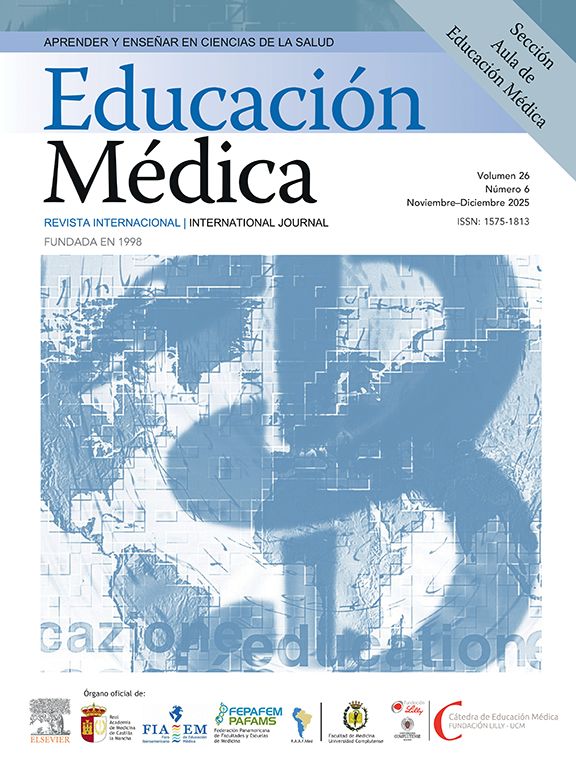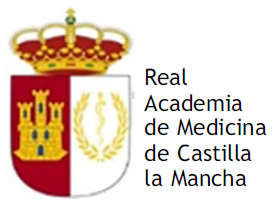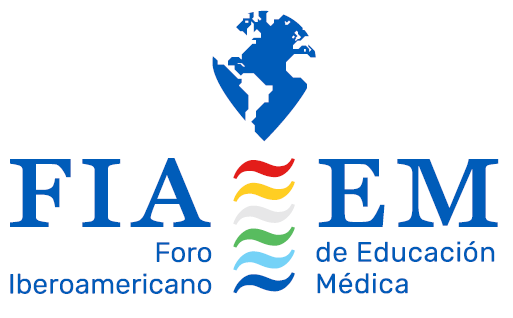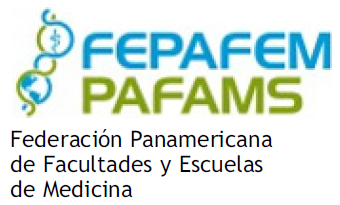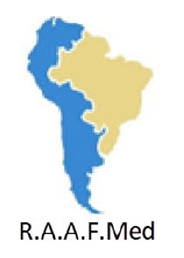During the training process of medical professionals, solid leadership skills must be acquired and developed. The quality and safety standards concerning health care are constantly evolving, transforming at an accelerated rate, and medical education should reflect that change.1 Residents must be identified as leaders in education, and in developing new methods for teaching junior residents and medical students. Unlike the authoritative leader of decades past, the new resident requires new skills to engage with a multidisciplinary team in order to save a patient’s life while also teaching the next generation.2 In his book "One Thing Only," author Gary Keller3 argues that you should only focus on strategically one key thing. An activity that is the one that unleashes the results and that generates the domino effect. In the domino effect, a small piece can move to a larger piece and that in turn to a larger one, but it all starts with the movement of the small piece. The question is: What is it that if you stop doing it, everything falls? This is where you should focus your effort. I believe this piece is called "teaching." Residents should never stop teaching and learning. They should act as agents of change, representing strong educational leadership along with the health care system.
In most professions, the people who demonstrate strong leadership skills are the ones who take on greater leadership responsibilities at progressive stages of their careers. In medicine, physicians not only begin managing and directing teams early in their careers, but they rise through the ranks uniformly. Effective leadership likewise affects residents' well-being. Moreover, tougher leadership is associated with less resident burnout and higher gratification. Medical schools and residency programs should modify curricula to include leadership and teaching skills as rigorous as clinical reasoning or procedural dexterities.
None




